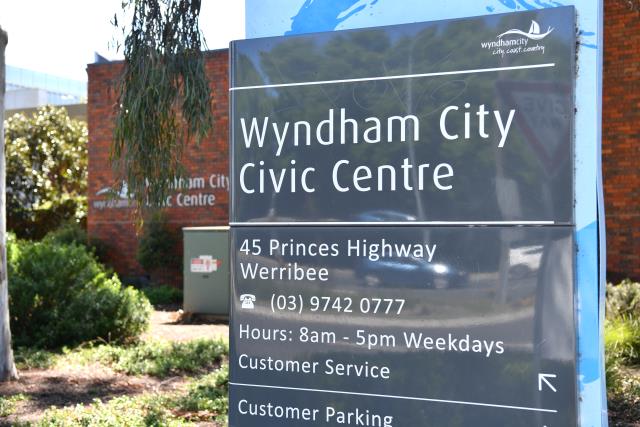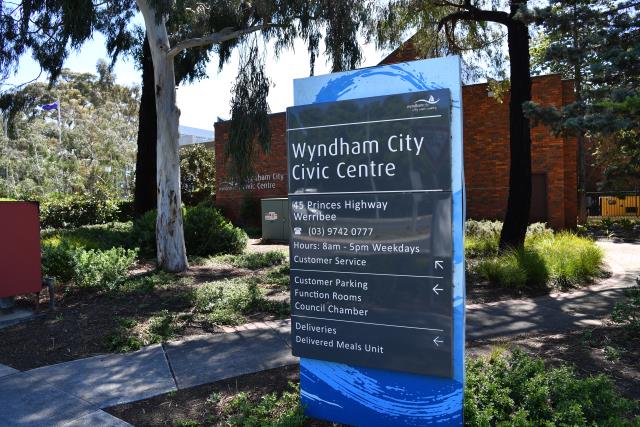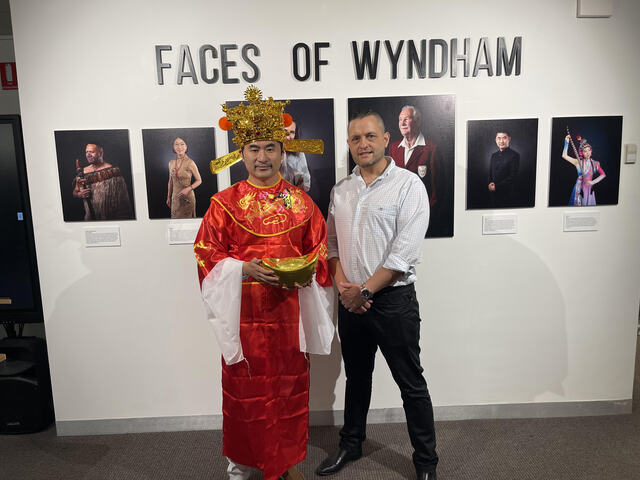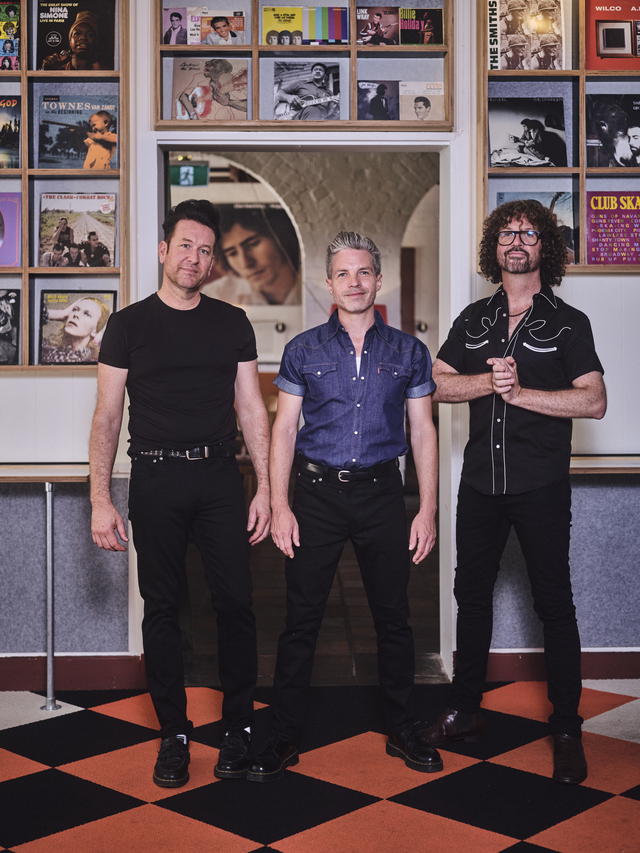By Clay Lucas & Simon Johanson, The Age
The consortium proposing a $31 billion high-tech city on Melbourne’s western city fringe asked Victorian taxpayers to chip in more than $1 billion for a rail line to its development.
And documents leaked to The Age show that funding for the new city in East Werribee would be entirely underpinned by money from Chinese Communist Party businesses.
Australian Education City – a company with close ties to the Church of Scientology but little experience in large-scale development – wants to build a university city that would bring more than 24,000 new overseas students to Melbourne. The consortium has been negotiating with the government for two years over the purchase of the publicly owned East Werribee land.
Selected in 2015 as the preferred buyer of the site, it offered the Victorian government $340 million for the land – hundreds of millions of dollars more than others were willing to pay.
Documents obtained from government and industry sources reveal for the first time the degree to which the new city would be backed by Chinese state-owned enterprises.
Investment bank JP Morgan is spruiking the project, and last year told potential investors that Chinese state-owned enterprise PowerChina was a core $3 billion backer. Other “strategic and financial partners” in the project include the China Development Bank, China Railway Construction Consortium, China State Construction and CITIC Construction.
The multi-billion dollar funding arrangements Australian Education City claims to have negotiated have the hallmark of China’s much-vaunted ‘Belt and Road’ initiative.
This initiative, a signature policy of Communist Party President Xi Jinping, aims to strengthen Beijing’s economic power through a vast construction program in neighbouring regions.
The Australian Education City plan includes a proposal to bring three Chinese universities to Australia, including Tsinghua University.
To counter concerns within the state cabinet over the plan, the company has employed lobbyists Hawker Britton to use its Labor Party connections to target key MPs.
Some ministers have serious doubts over whether the project can be delivered by the consortium, and there are also worries over the strong focus on China, and Scientology links.
But others believe the plan could succeed – and with it bring thousands of white-collar jobs and students to the west, relieving stress on the city’s roads and rail.
Australian Education City’s biggest shareholder is 51-year-old Bill Zheng. The successful Chinese-born property investor has strong links to the Church of Scientology. Also among the consortium’s minor shareholders is Emmanuel Foundas, a former Victorian president of the Church of Scientology. Another director, Ross Martiensen, has also been heavily involved with the church.
If it fulfils its promises, Australian Education City will deliver a high-density, high-tech education, precinct with university campuses and homes for several thousand people.
In its bid for the site, documents show the consortium asked the Victorian government to fund the bulk of a $1.2 billion rail connection, which would come off the Werribee line at Derrimut.
It says without a rail line as few as 5000 new jobs will be created. A direct line to the new city would create up to 90,000 jobs and economic benefits of more than $24 billion, it claims.
Australian Education City executive director Ross Martiensen was asked about the consortium’s Chinese links. He said the entity behind the plan would remain Australian owned, and that backer PowerChina “will have no level of ownership in the project”.
Mr Martiensen said that the Chinese government “has had no role or input into the negotiations with the [Victorian] state”.
And Mr Martiensen said the consortium was no longer asking for $1 billion towards a rail line.
He said if the rail plan proposed were approved, it “would be built at the cost of AEC. However, many other transport solutions have been discussed and the ultimate solution will be decided after considerable more work”.
The company has, since launching its bid, recruited John Tabart, the previous head of the Docklands and Barangaroo (Sydney) developments, as its chief executive.
Victoria University, Deakin, La Trobe and Swinburne universities have signed memorandums of understanding to be part of the project, the consortium has told the government.
It is understood both Melbourne and Monash universities do not want the project to proceed.
Finance Minister Robin Scott selected the consortium as the preferred bidder in 2015. On Wednesday, Mr Scott’s spokesman said the proposal was still under consideration.
Wyndham council did not answer specific questions, with city economy director Kate Roffey saying that the council was “not privy to the detailed negotiations” between the state government and the Australian Education City consortium.
“This area has been identified as a key employment precinct for Victoria and our role has been to advocate in the best interests of Wyndham residents, which we will continue to do. From council’s point of view, we would like to see a decision made that moves this project forward in order to drive employment in our region.”

















